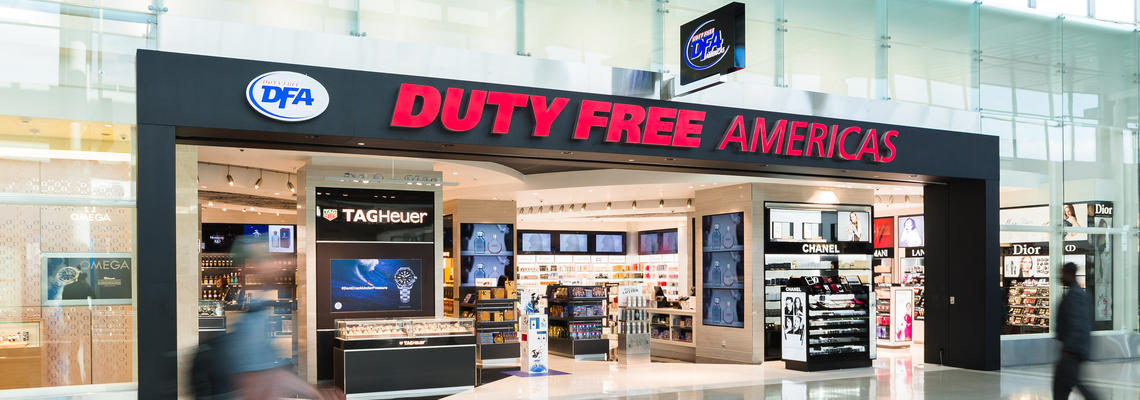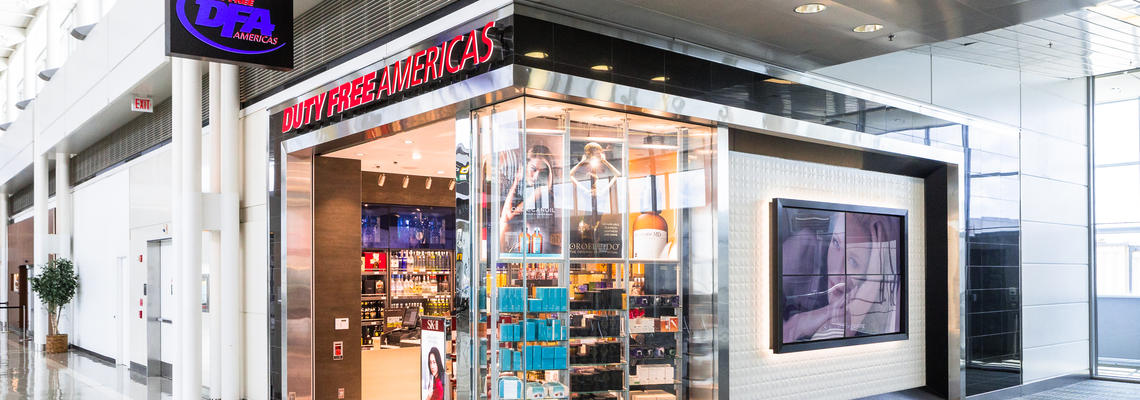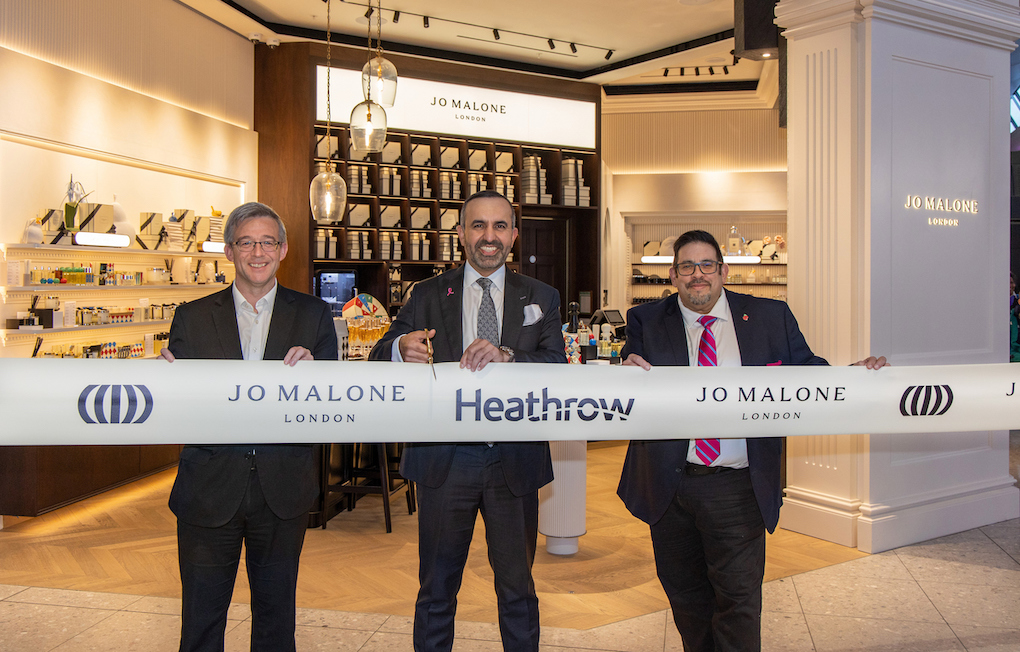USA. In a major victory for the US duty free industry, the Virginia Supreme Court yesterday ruled that a local county’s imposition of a tax on duty free goods sold at Washington Dulles International Airport was “unconstitutional”.
The court reversed an earlier district court order made in favour of Loudon County. The Supreme Court ruled that the country’s application of a Business, Professional, and Occupational License (BPOL) tax on Dulles Duty Free LLC’s sale of duty free goods to international travellers violated the US Constitution’s Import-Export Clause.
“The industry awaits on the sidelines, benefiting from our efforts” – Simon Falic
The clause prohibits US states from imposing duties on exported goods without Congress’s express permission.

Dulles Duty Free LLC, controlled by the Falic family’s Duty Free Americas, has operated the duty free concessions at Washington Dulles International Airport and Ronald Reagan Washington National Airport for many years. Duty Free Americas Director and Co-Owner Leon Falic confirmed the legal victory to The Moodie Davitt Report, saying the company had won an important battle for the whole industry.
Duty Free Americas Chief Operating Officer and Chairman Simon Falic went much further. He told The Moodie Davitt Report that the company was “delighted with the results” but said that they needed to be understood in the context of recent industry history.

“For years, states have tried to impose taxes and require licences for duty free stores,” he said. “We challenged this in many states, and we filed a case in Loudon County, challenging imposition of a Business, Professional, and Occupational License (BPOL) tax on a substantial portion of its (duty free stores’) sales. We argued that the Import-Export Clause of the Constitution of the United States, U.S. Const. art. I, § 10, cl. 2, bars the County from imposing the tax.
“The circuit court originally ruled in favor of the County. We filed an appeal, and we received a very rare, unanimous decision of seven judges, reversing the lower court’s decision. As the duty free operator with more locations in the United States than any other operator in the world, we will always protect our business, while the other international operators, and a couple of domestic duty free store operators, benefit from our efforts.”
In a hard-hitting comment, Falic said, “I remind you and the industry that we challenged a major supplier [The Estée Lauder Companies in 2007 -Ed] after all the duty free store operators in the US received a letter imposing a new policy of eliminating the duty free retail price. Our challenge was fought hard, held back the supplier from potentially eliminating the duty free advantage, and now our competitors use it to their perceived advantage in responding to airport RFPs, domestically and internationally [a reference to the fact that The Estée Lauder Companies has not supplied Duty Free Americas since the dispute -Ed].
“After yesterday’s ruling, our competitors will benefit from our challenge which has cost us in legal fees, in excess of US$700,000. We do not regret the prior challenge, nor the cost of this one (obviously, we are delighted with the results), and we will continue to be at the forefront of defending our business, while the industry awaits on the sidelines, benefiting from our efforts.”
The Estée Lauder Companies declined to comment.

BACKGROUND: In 2014 Duty Free Americas retained the businesses for seven more years ahead of strong competition. The same year it filed an application for correction of its BPOL taxes for the years 2009 to 2013. It did not challenge the imposition of the BPOL tax on its domestic (duty paid) sales at the airports. It argued, however, that applying the BPOL tax on the gross receipts of its international sales violated the Import-Export Clause of the Constitution of the United States.
In his conclusion, Justice Stephen R. Mccullough ruled: “The BPOL tax as applied to Duty Free’s export goods in transit constitutes an impermissible impost upon an export in violation of the Import-Export Clause of the Constitution of the United States. Consequently, we will reverse the judgment of the circuit court and remand this matter for a determination of the refund due to Duty Free.”













